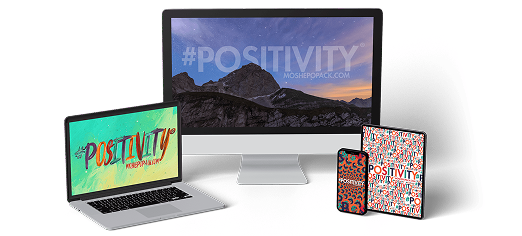Justin Colby is the pioneer of “The Science of Flipping.” He gives expert insight on what he’s learned from flipping over 2000 homes and how to avoid the crushing mistakes that many people make.
When he fell in love with real estate:
“I did very, very well as realtor back in the early 2000’s and when the market crashed, I crashed financially. And I knew I didn’t want to be a realtor but I did realize it was actually the function of real estate, the art of the deal, and I realized – as we all know – that so many billionaires are in the real estate game, that you have the ability to create a lot of income, and make a lot of impact in neighborhoods, and build a lot of wealth. It was just a no-brainer to me, that this is the vertical I want to be in.”
Being great is a choice. And it’s not for everyone:
“I would make the argument that too many people – and I don’t know the percentage – but the vast majority are okay with being okay. And that makes it very hard for someone to get clarity on what they really want because they’re like, ‘I’m good enough.’ There’s not enough pain to make them move, there’s not enough pain to make them change. Because what I do, what you do (Moshe), we work hard to create what we’ve gotten. We take risks. We go on a limb. We put forth the effort. And I’ve taken losses. But you take those risks, you take those losses, and sometimes they’re really big – I’ve taken multiple seven-figure losses in my real estate career – and that is, interestingly enough, one of my bigger flexes.”
His first purchase, and flip:
“What happened was, my realtor made the offer (on a home), but also knew there was someone else who wanted to buy it. But the home was about to go to foreclosure. So, I used what’s called ‘transactional funding,’ which is very fast funding. I borrowed the money, funded the deal, and turned around and re-sold it to the end buyer and lined it up. … I made seven grand. It wasn’t some big crazy home run, but it proved to me that this is real, I have certainty now that I can do this, and now it’s just a function of keeping my head down, keep doing the thing, and keep going.”
When buying your first property:
“Starting out, I would say you want to go and partner with someone on, like, a single-family home. I wouldn’t go raise millions of dollars when you’re just starting out. You need a track record. … I would tell anyone out there, you should not be buying a flip, you should not be buying a rental, you should not be buying an apartment, or a commercial property, with any of your own money. You should always be raising money. There’s a lot of dry powder out there. You just need to know how. And when you’re just getting started, give away the farm. Because you need to build your track record.”
On how he got into the prop-tech space:
“Interestingly enough, I solved a problem for my own business. That’s how it was created. I didn’t go out and try to become a tech company. I just had, you know, infrastructure because I wanted certain levels of follow-up and communication and lead generation built into my business which led to other people wanting it. I have a coaching program, so all my students were like, ‘Wait, how can I get that?’ So, over the better part of a year now we have built it out and started to sell it and it has caught the eye of some tech companies.”

